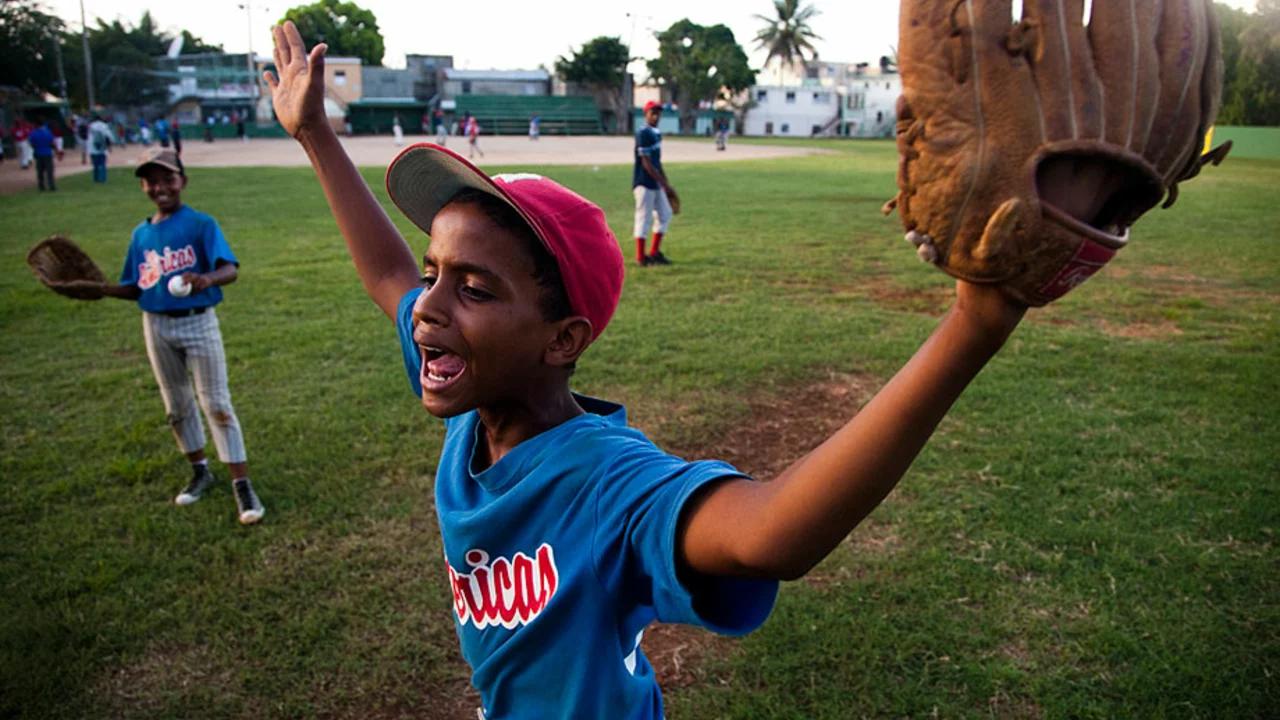Countries in Sports: A Global Perspective
When talking about countries, sovereign nations with their own cultures, laws, and sporting traditions. Also known as nations, they shape the way sports, organized competitive activities are played, watched, and financed worldwide.
One obvious link is that countries host international competitions like the FIFA World Cup or the Olympics. Those events turn a nation’s stadiums into global stages, drive tourism, and boost local economies. At the same time, the same countries fund national teams, representative squads that compete under the country’s flag. The pride of seeing a homegrown player score a winning goal fuels fan loyalty and can even affect political narratives.
Another key relationship is between football, the world’s most popular sport and the countries that nurture its talent. In the United States, for instance, the NFL is essentially an American‑only league, and the Super Bowl reflects the country’s cultural appetite for spectacle. Posts about Los Angeles, the Rams, and the Chargers illustrate how a single city within a country becomes a hub for a sport that is otherwise national in scope. Likewise, the “witching hour” on NFL Sundays shows how a country’s broadcast habits create unique viewing rituals.
Why country context matters for every fan
Understanding the country backdrop helps you make sense of why certain rules exist, why some leagues dominate, and why rivalries feel so intense. For example, the debate over whether the Super Bowl is “staged” taps into broader concerns about American media influence and commercial pressure. In contrast, European soccer leagues operate under different governance, reflecting the continent’s multi‑country structure and UEFA’s regulations. These differences are not just trivia—they shape the odds you see on betting sites, the stories you hear in the press, and the way clubs negotiate player contracts.
Even topics that seem unrelated at first, like serving in the National Guard while playing college soccer, are linked to a country’s policies on military service and education. The ability to balance service and sport is a uniquely American scenario, showing how a nation’s legal framework can enable or limit an athlete’s path. Meanwhile, health‑related posts about gas, acidity, and cardiac risks serve as reminders that a country’s healthcare system and public awareness campaigns affect how fans experience game day discomfort.
All these strands—events, teams, leagues, policies, and health—intertwine to form a rich tapestry that explains why sports feel different across borders. Below you’ll find a curated mix of articles that dive deeper into specific country‑related angles, from the quirks of Los Angeles football to the toughest Hall of Fame inductions, and even the luck factor in team sports around the world.
Ready to see how these ideas play out in real stories? Keep scrolling to explore the posts that break down the country‑centric side of sports in detail.
In my exploration of global passion for baseball, I found it's most popular in the United States, Cuba, Japan, and the Dominican Republic. The sport is deeply ingrained in the culture of these countries, with the US notably housing the globally recognized Major League Baseball. Cuba and the Dominican Republic, despite being smaller nations, are renowned for producing some of the world's best players. Japan's love for baseball is equally strong, with its Nippon Professional Baseball league attracting massive crowds. These four countries truly embody the spirit and passion for baseball.

 Sports News
Sports News